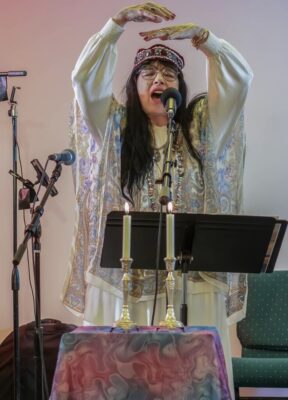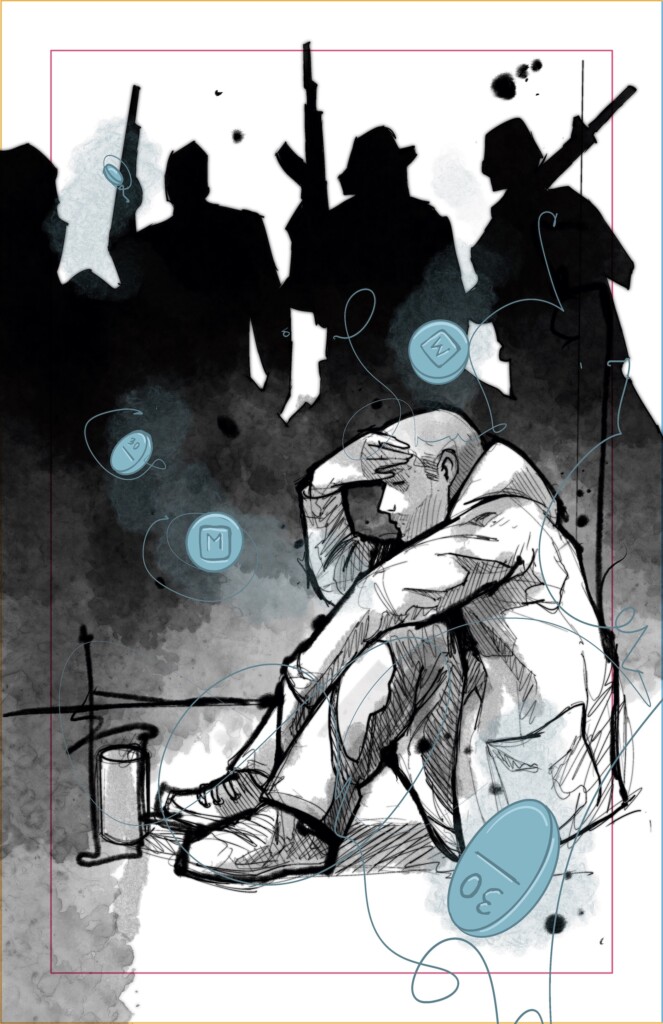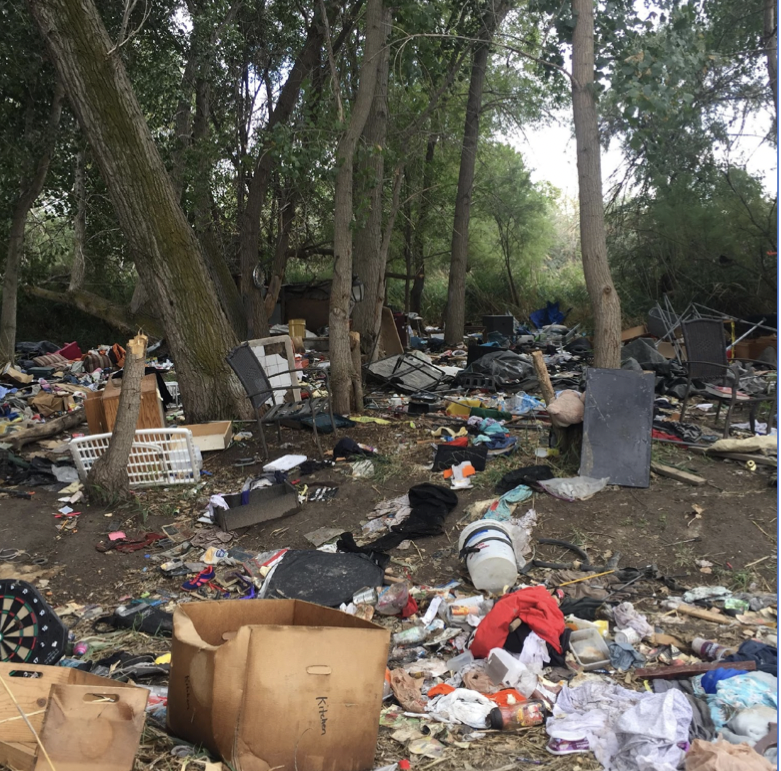Why can’t we all just get along? That’s the premise behind The Interfaith Roundtable, which was born from a subcommittee of the 2002 International Olympics to serve the religious needs of the athletes that competed in the games during their stay in Utah. This subcommittee allowed for athletes to attend religious services and exercise their regular religious practices where there might otherwise not have been support, as not all the world’s religions are established in Utah. This subcommittee brought a rich culture, learning, and substance that had not been seen in Utah before — so much so that at the end of the association, a non-profit Interfaith Roundtable was established.
The ceremonial dances, faith tours, music, and food continue amongst those of different faiths. Shivom Parihar, a young man still in high school was born in Pune, India, grew up Hindu, and currently lives in Utah. He states his reasons for searching out the Roundtable.
“I wanted to get involved in the interfaith discussion. Because of the small population of Hindu in Salt Lake … I reached out and they were very welcoming, and I’ve been attending their events regularly since,” Parihar says.
Interfaith activities such as faith tours and ceremonial dances are only a handful of things Parihar has participated in.
“You might get the occasional raised eyebrow at some really different beliefs, but people are always understanding. I mean, the most devout Mormon can see eye to eye with the most devout Buddhist over fundamental matters of helping people in divinity. I think regardless of the nitty gritty of religious details, you know religious institutions are crucial to bridging the divides in communities and breaking bread with your neighbors,” Parihar explains. “You see people bring their own unique stories to the table, regardless of whether they believe in 33,000 gods or one or none. We’re all Utahns, we’re all human beings regardless of our religious faith.”
Brian Farr, a board member of the Interfaith Committee and member of the Church of Jesus Christ of Latter-day Saints, talks about Interfaith Week, which is where the group shares music and spiritual thoughts. Brian gives details of his experience:
“One year we had children’s choirs from different faiths, and it was wonderful. We had a Buddhist choir, and they would end with a chant. There are some words about being mindful of every living thing and especially of the unfortunate, and then it says: “Let me think pure and beautiful thoughts, speak pure and beautiful words, and do pure and beautiful deeds, and that every link in the Buddhist chain can be strong and bright.” There was a woman sitting next to me who leaned over and said, ‘I had no idea Buddhists believed that. That’s a beautiful thing to believe,’” Farr explains.
Pastor Curtis of the First Baptist Church is the incoming Roundtable President. He discusses some of the guidelines that participants keep:
“The Interfaith Roundtable doesn’t want to be partisan in any way; it doesn’t want to do things that ares going to alienate part of its constituency by becoming vocal about something that’s controversial, so it really wants to remain about cross-faith interaction, fellowshipping and relationship building.”

These interfaith meetings take place around food and in different houses of worship, often followed by a tour. Pastor Curtis recollects one of the last activities he was at: “We had our end-of-year breakfast, and it was well attended. I think there were probably 50 people in the room; quite a swath of folks,” Pastor Curtis relates with a smile.
Rabbi Alan Bachman, of the Jewish Faith, says, “We all get along during these events. We have a rule that no proselytizing is allowed from one place to another. We don’t participate really in another person’s religion, but we do go and observe different faith practices just to get a better understanding of what other people do so that we’re not relying on rumor or hearsay.”
Rabbi Bachman was inspired by the Interfaith Roundtable to create his own group for religious inclusion called The House of Prayer for all Peoples.
“My experience with the Salt Lake Interfaith Roundtable helped provide a basis for the idea of having this group. It’s open to all people and all faiths to pray together. We do have primarily a Jewish service. Before we start, we may have somebody from another faith give a prayer, sometimes a couple of people give prayers,” Bachman says.
Rabbi Bachman answers a big question on how being around other beliefs influences his own faith.
“One would think that if you mix with other faiths, maybe your own faith will get dwindled, but it actually doesn’t have that effect because it makes you think more about your own faith and makes you want to learn more about your own faith in order to be able to share it with others.”






